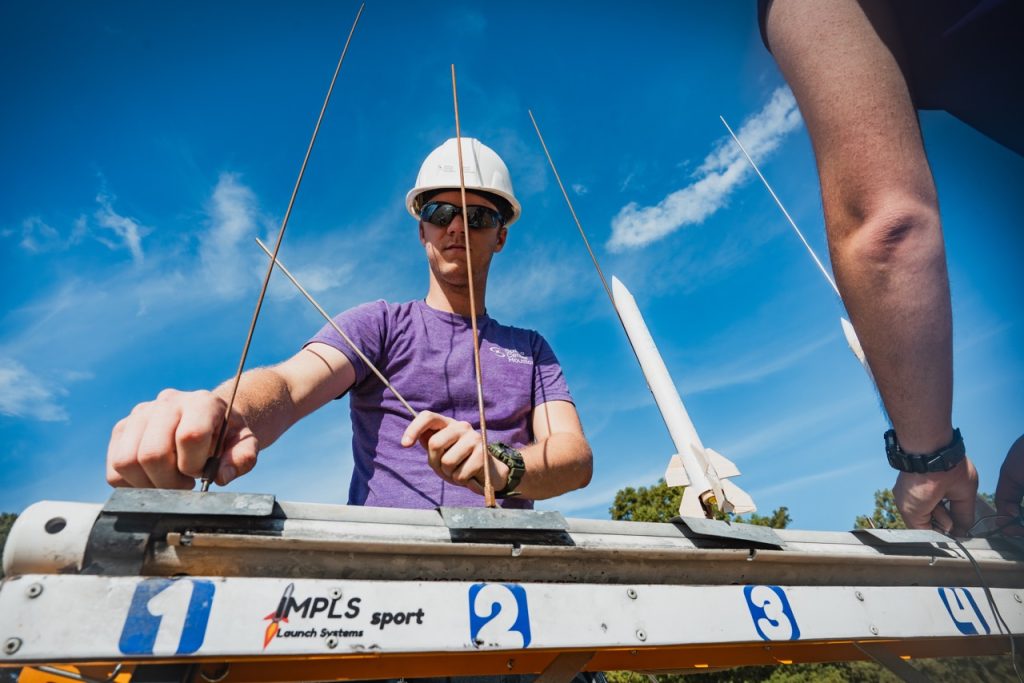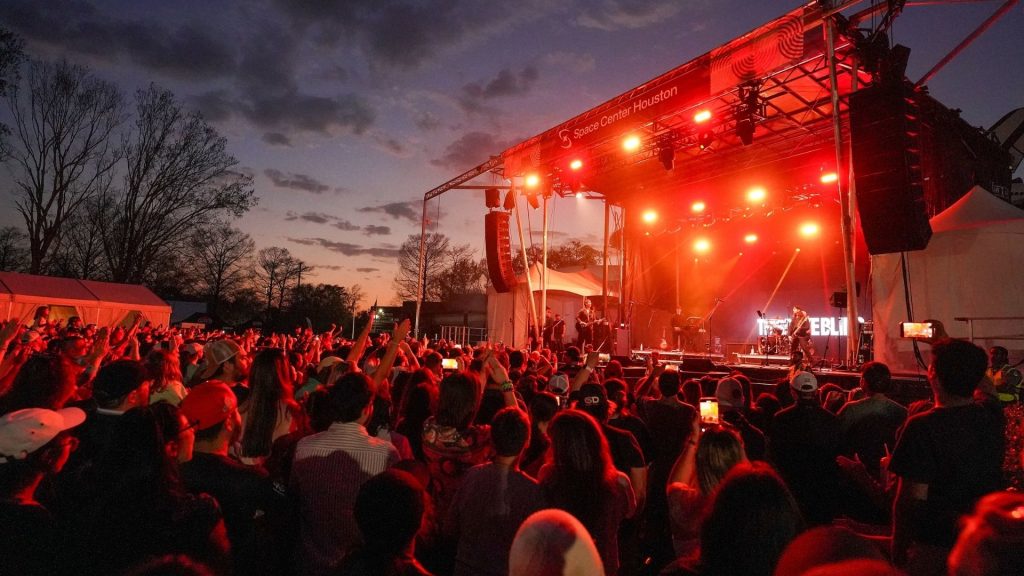It takes time and intense collaboration to design and build a safe, efficient and productive spacecraft. Learn how human factors engineering relates to spacecraft and spacesuit design while celebrating Women’s History Month and the 20th anniversary of the International Space Station during this March 5, 2020 installment of our Thought Leader Series, presented by the University of Texas Medical Branch.
Speakers include Celena Dopart, human factors engineer for Starliner at Boeing, and Katie Spira, NASA flight controller.
Human factors engineering ensures that the design of spacecraft, spacesuits, and all other associated systems enables the crew to live and work for the duration of their mission. Everything from computer displays, to controls, to every piece of equipment in the spacecraft is specifically designed, tested, and implemented for the human aspect of exploration.
Dopart works closely with Boeing and NASA astronauts to first design the interior of the Starliner spacecraft and then train crews how to live and work inside it. She is also a test engineer for Boeing’s Gateway concept to help develop a spacecraft that would operate in lunar orbit.
Spira became an environmental and thermal operating systems (ETHOS) flight controller for the International Space Station (ISS) in 2017. An ETHOS flight controller is responsible for monitoring life support systems as well as the temperature and cooling systems that help astronauts stay alive and equipment operate properly.
ISS has been continuously inhabited by multinational crews since November 2000. This Thought Leaders Series presentation will continue Space Center Houston’s ongoing recognition of 20 years of continuous human occupancy aboard the ISS. Our 2020 panel of experts will include both the planners and the doers and will provide an evening of fascination and information as they tell how the ISS took shape hundreds of miles above the earth.







